|
What is sciatica? Sciatica is identified by a pain that commonly radiates from the lower spine through the buttocks and alongside the back of one leg. What causes sciatica and how does it feel? Sciatica is typically caused by bony irregularities, spinal stenosis or a herniated disc in the spine. However, various injuries can also cause the sciatic nerve to be compressed or pinched. The pain results from the pinched or compressed sciatic root nerve and can produce a pain ranging from moderate to severe. How can sciatica pain be described? Moderate symptoms of sciatica can be described as tingling and numbness; whereas severe pain has been described as a burning and stabbing sensation. Additional symptoms may include weakness in the effected area and difficulty sitting or standing for extended periods of time. What to do when you are feeling symptoms of sciatica? The diagnosis of sciatica should be determined by your health professional. Diagnosis usually consists of a medical history and physical examination which can be performed by a chiropractor or physiotherapist. In some instances, x-rays and other tests may be used to determine the underlying cause of pain. How can sciatica be treated? Sciatica can be treated by with the following medical interventions:
*Oral analgesics (Tylenol, Advil, Aleve, etc.), heat / cold therapy and exercises can be used at home to temporarily relieve symptoms of pain. Always consult a medical professional before any form of treatment. By: Haninder DhillonCo-owner of DRS Physio & Wellness and DRS Mobile Therapy. DRS Physio & Wellness is a well-established leader in the rehabilitation field. Our expert practitioners have over 15 years of experience and strive to provide the highest level of care so you can reach maximum recovery from injuries and other health-related problems. Please visit us for more information.
8 Comments
Walking is an easy way to vastly improve your health. Walking requires no fancy equipment and most of us can do it everyday; yet, we often overlook the health benefits that come along with this simple exercise. For instance, walking just 30 minutes everyday can reduce body fat, strengthen bones and muscles and improve endurance and cardiovascular health. We are often bombarded on social media with images of intense and impractical exercises that are not well suited for the average person and this can lead to body image issues along with other insecurities. However, high intensity workouts are not the only way to become physically fit. In fact, a 2007 study of inactive women indicated that low intensity exercises (approximately 75 minutes per week) significantly improved physical fitness outcomes, when compared to the non-exercising group. In other words, ignore the crazy diets and impractical exercises you see on social media and just get your butt walking! Here are some benefits of walking for at least 30 minutes per day:
By: Haninder DhillonCo-owner of DRS Physio & Wellness and DRS Mobile Therapy. DRS Physio & Wellness is a well-established leader in the rehabilitation field. Our expert practitioners have over 15 years of experience and strive to provide the highest level of care so you can reach maximum recovery from injuries and other health-related problems. Please visit us for more information.
The inner body is like a warzone when effected by germs. Although our immune systems are great at fighting off germs, sometimes germs can successfully invade our bodies and make us sick. Is there a way to boost and strengthen our immune system? Check out the top 5 ways to boost you immune system. How to boost your immune system 1. Avoid Tobacco Products Cigarette smoking causes numerous diseases and increases the risk of pneumonia and bronchitis. The smoke from tobacco suppresses the immune system and delays the immune system’s defensive response to infection. Essentially, the more you smoke the longer colds and flus will linger. 2. Lower Alcohol Intake Alcohol disrupts immune pathways which can impair the body’s ability to defend and recover from infection. In addition, excessive alcohol consumption increases susceptibility to pneumonia and various other respiratory infections. 3. Healthy Diet Nutrient rich foods such as, vegetables and fruits, provide your body with the fuel needed to keep your immune system functioning at its best. There are also certain foods such as garlic and honey which have antimicrobial agents that can actually act as an immune booster. If you are unable to get the proper nutrients from food, you should consider including vitamins, supplements and probiotics in your diet. 4. Sleep Well Lack of sleep and too much sleep can be detrimental to your health. Rather, the focus should be on getting quality sleep. During sleep the immune system releases proteins called cytokines. Certain kinds of cytokines need to increase in order to fight infection. Therefore, lack of sleep or low-quality sleep, can decrease production of cytokines that are required to combat infection. 5. Stress Management An excess of stress can lead to the increased production of a hormone call cortisol. Prolonged elevation of cortisol levels can lead to the suppression of the immune system. When the immune system is suppressed, immune response is delayed which can lead to infection. By: Haninder DhillonCo-owner of DRS Physio & Wellness and DRS Mobile Therapy. DRS Physio & Wellness is a well-established leader in the rehabilitation field. Our expert practitioners have over 15 years of experience and strive to provide the highest level of care so you can reach maximum recovery from injuries and other health-related problems. Please visit us for more information.
|
BLOG Owner:
Co-owner of DRS Physio & Wellness and DRS Mobile Therapy. Archives
February 2024
Categories
All
|
|
PROUDLY CANADIAN OWNED & OPERATED
Copyright 2023 DRS Physio & Wellness. All rights reserved.
Disclaimer: All information is intended for your general knowledge only and is not a substitute for medical advice or treatment. You should seek medical care immediately for any specific health issues. Use of this online service is subject to the Disclaimer and the Terms of Service.
Webmaster and Designer contact: [email protected]
PRIVACY POLICY
Copyright 2023 DRS Physio & Wellness. All rights reserved.
Disclaimer: All information is intended for your general knowledge only and is not a substitute for medical advice or treatment. You should seek medical care immediately for any specific health issues. Use of this online service is subject to the Disclaimer and the Terms of Service.
Webmaster and Designer contact: [email protected]
PRIVACY POLICY
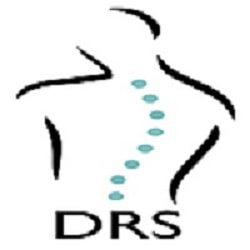
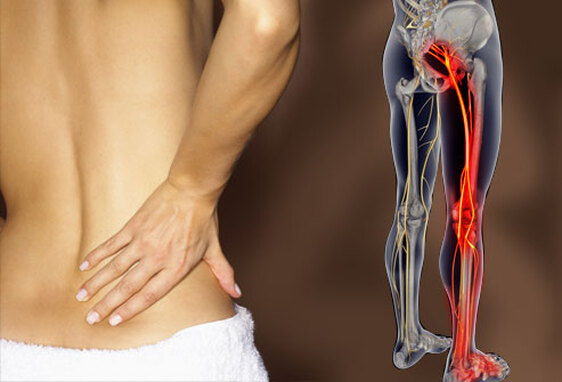
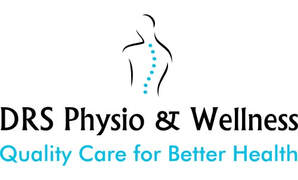

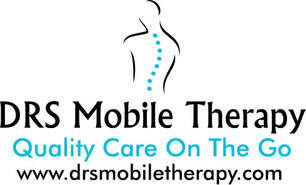
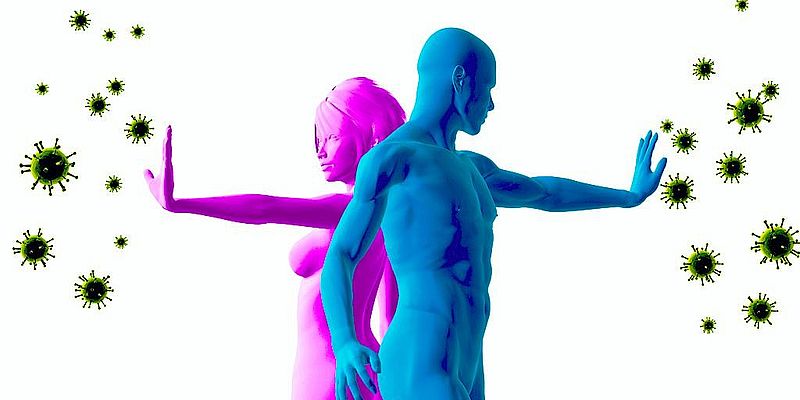
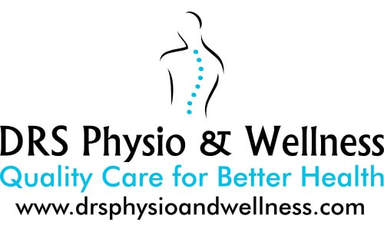
 RSS Feed
RSS Feed